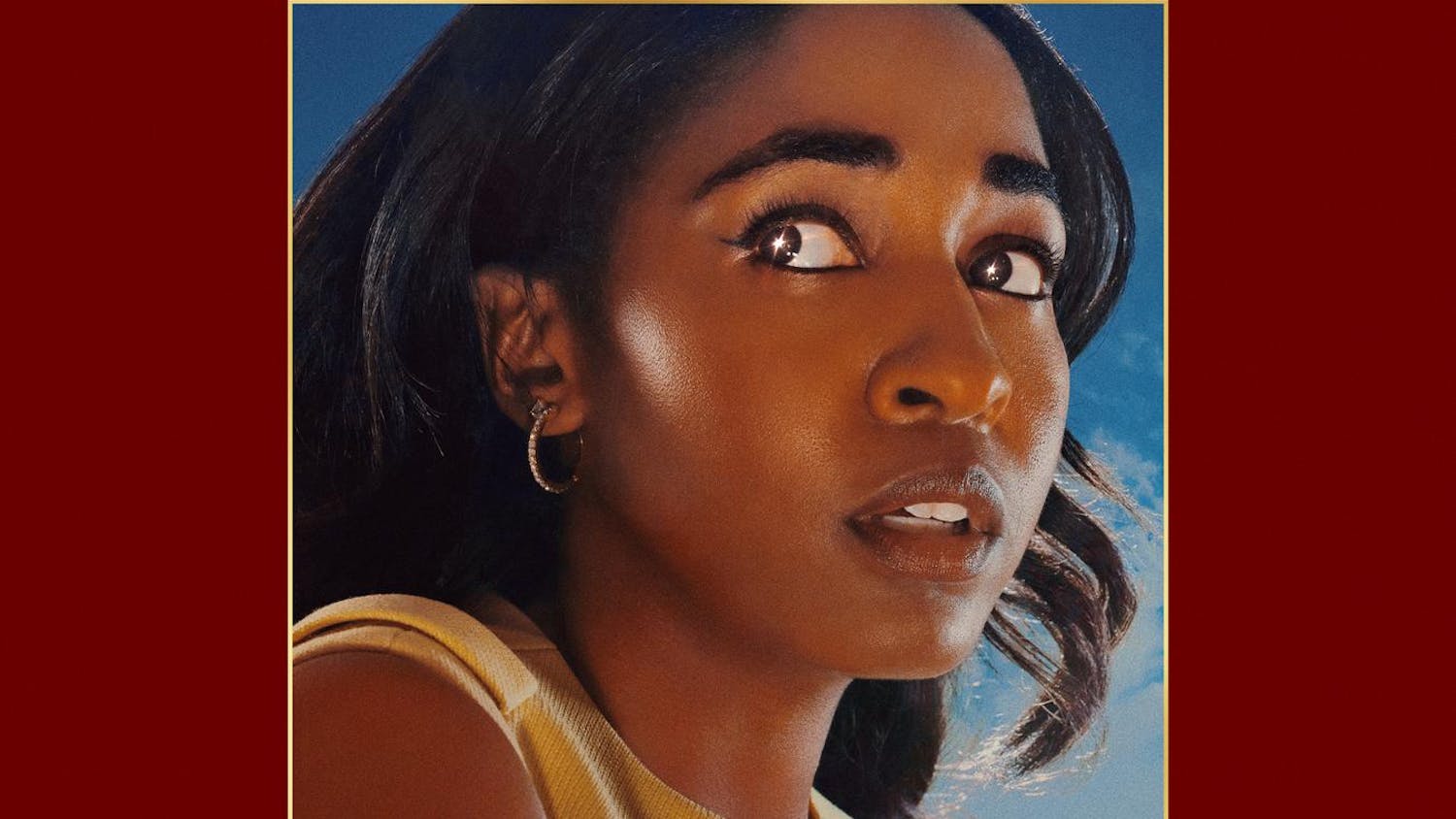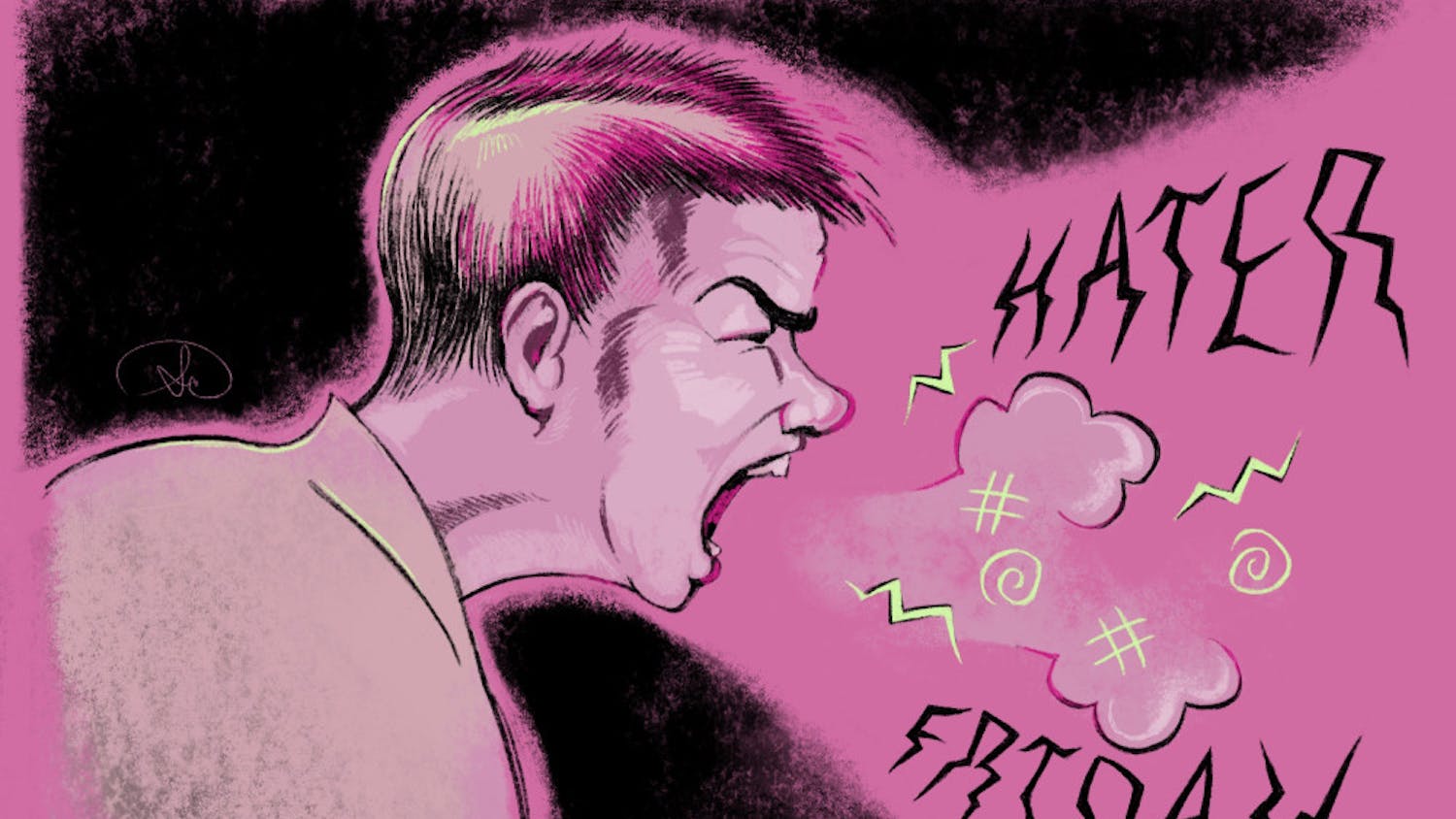“The better and better I get at what I do, the younger and younger I am… when I made Graduation I was six years old… when I made 808s I jumped to five years old… then the Taylor Swift thing happened right and I had to grow back up and I delivered what could be considered my most… perfected work and I had to turn to like a seven year old… I almost reached 10, I almost reached 10 years old when I did Dark Fantasy… and then when I went to Yeezus like I kinda got back to under five like four-and-a-half and now I’m mentally, completely, three years old… but don’t let me get proper money support backing and put my work out and let the earth speak back to it, I’m going to be two-and-a-half years old, by the time I’m like fifty I’m going to be one, and by the time I’m dead I’m going to be zero.”
Kanye West said this as a guest on the Bret Easton Ellis podcast back in November 2013. Listening to the full interview, one hears a characteristically exuberant Kanye basking in the glow of his recent critical success, Yeezus.

Originally, opinions on Yeezus had been more mixed. In the months immediately following its early summer release, a vocal minority of reviewers criticized the lyrics on Yeezus for their sloppiness and their frequent lapses into nonsense and needless offensiveness. Indeed Kanye must have been feeling some of this backlash even in November, as later on in the Easton Ellis Interview he used his Peter Pan-ism to justify what are arguably the most odious lyrics on Yeezus: “Eatin’ Asian pussy, all I need was sweet and sour sauce.” The criticisms, however, were soon drowned out by the far more abundant praise. Yeezus was lauded highly for its originality and intensity. Such praise came from many key sources, including Rolling Stone, Pitchfork and alternative-music ubermensch Lou Reed. By the end of the summer it seemed that the jury had reached its consensus and that Yeezus had been accepted, at least by the indie crowd, as a work of genius. To get things straight, let me say that I was, and to a large extent still am, as much a proponent of this acceptance of Yeezus-as-genius as anyone else. My opinion on the Kanye of the Yeezus and post-Yeezus era, however, has become much more complicated as of late.

This all started around the time I first turned on Kanye’s latest record The Life of Pablo. Listening to TLOP, it was impossible for me not to judge it in light of the creative philosophy laid out by its creator on the Bret Easton Ellis podcast. Ultimately, I found myself with a deep nagging sense that while TLOP has its excellent moments, it could have been magnitudes better had it been more focused and mature. TLOP sounds like maybe 10 good ideas for an album crammed into one, with none of them developed past a track or two. As damning as the fact that the album lacks cohesion is the fact that it lacks consistent enjoyability. The glorious highs are drawn apart by stifling lows in the form of asinine lyrics (see especially the business about a model at the beginning of “Father Stretch my Hands,” and the hypothetical about what-if-we-had-sex-right-here-right-now on “Freestyle 4”), and patience-trying filler.
I was far from alone in having both negative and positive things to say about TLOP, but in my overall disappointment, I was in a much smaller group. Writing for Pitchfork, Jayson Greene admitted that the album felt “like Kanye ran across town to deliver a half-wrapped gift to a birthday to which he was 10 minutes late,” but nevertheless awarded it a score of nine out of 10. The tone of this review and others was that TLOP was flawed and sloppy, but that this was totally dope: a natural, even inevitable chapter in the Kanye West saga.
It is precisely this tone I wish to argue against in this column. I want to suggest that we cease with the Kanye fanboy and fangirling. Kanye is charismatic enough that it is easy to put a positive spin on anything he does, but we should resist doing this. The question we must ask is whether the positive spin is having a positive or negative effect, both on Kanye’s music, and — it is hard not to add given recent, well-publicized difficulties — the man himself.
“Name one genius who ain’t crazy?” Kanye asks on TLOP banger “Feedback.” This question seems scarcely charming in light of Kanye’s recent behavior on Twitter, and name-dropping Lexapro, a medication used for the treatment of anxiety and depression, but it seems many of us are all too eager to romanticize Kanye in the roll of the unhinged artistic mastermind. Meanwhile, friend and long time collaborator Rhymefest — who, it’s worth noting, is partially responsible for some of the most meaningful lyrics in Kanye’s whole catalogue as co-writer of “Jesus Walks,” “Power” and “New Slaves” — tweets: “my brother needs help, in the form of counseling. Spiritual & mental. He should step away from the public & yesmen & heal.”

The Life of Pablo indeed bears the mark of an unhealthy obsession with the public life, and a whole entourage of yesmen. Listening, I got the sense that its creator believed that no matter what finished product he ultimately delivered, it would be accepted as genius. This isn’t to say that TLOP doesn’t also bear the mark of hard work; on the contrary, it seems at least as labored over as anything else Kanye has ever released. Rather than a lack of work, the slapdashery of TLOP is owed to an abdication of a control: an embrasure of unchecked creative output at the expense of any sense of linearity and a deeper undercurrent of meaning. The line between Kanye’s twitter and Kanye’s music has never seemed more faint: like his twitter, the album is a book of snapshots from his hectic mind. Kanye declared himself a god, and we saw that it was good, and now he feels like he can drop anything on us. It seems like the yesmen described by Rhymefest on Twitter aren’t just Kanye’s business associates, but his entire fanbase.
Jayson Greene ends his Pitchfork review of TLOP quoting a letter from the album’s namesake, St. Paul, to the Corinthians: “if I have a faith that can move mountains, but do not have love, I am nothing.” Greene ties this line in with the sweeter moments on TLOP in which Kanye reflects on his status as a husband and father. There is wisdom in another line of St. Paul’s letter, however, which is nowhere to be found on the album: “When I was a child, I talked like a child, I thought like a child, I reasoned like a child. When I became a man, I put the ways of childhood behind me.”
Matthew Pegan is a junior in the College of Arts and Sciences. He can be reached at mpegan@cornellsun.com. Guest Room appears Tuesdays this semester.











